Jaipur Literature Festival 2025: A Grand Celebration of Ideas or a Concern for Personal Data Privacy?
The Jaipur Literature Festival (JLF) has long been regarded as the “Greatest Literary Show on Earth,” attracting the finest minds in literature, politics, science, and the arts. The 2025 edition, held from January 30 to February 3 at Clarks Amer, Jaipur, continued this tradition of fostering intellectual discussions and cultural exchange. With a strong emphasis on global themes and diverse perspectives, the festival was a melting pot of knowledge, creativity, and free speech.
However, while attendees immersed themselves in thought-provoking conversations and artistic brilliance, a critical issue arose—personal data privacy. In an era of rising cyber threats, digital fraud, and identity theft, many questioned why the festival required attendees to submit sensitive personal information such as their email, phone number (WhatsApp number), age group, country, state, city, gender, occupation, and even a profile photo. Was this data collection necessary, or did it pose a significant risk?
The Jaipur Literature Festival: A Hub of Intellectual Exchange
The 2025 Jaipur Literature Festival brought together authors, scholars, journalists, and cultural enthusiasts from all walks of life. The event featured everything from heated geopolitical debates to heartwarming storytelling sessions. Topics covered included artificial intelligence’s impact on creativity, historical narratives in literature, and the evolution of global politics.
The venue, Clarks Amer, Jaipur, with its lush green spaces and heritage-inspired ambiance, provided a fitting backdrop for this literary extravaganza. Thousands of visitors—students, researchers, academicians, and book lovers—attended the festival, eager to engage with speakers ranging from Nobel laureates to emerging literary voices.
Despite the festival’s intellectual grandeur, the entry process raised concerns. Attendees were required to submit extensive personal details for registration, which many found intrusive. Was such an extensive data collection policy justified for a literature festival?
The Growing Threat of Digital Scams and Data Misuse
We live in an era where personal data is highly valuable—often more than one realizes. Cybercriminals exploit stolen personal details for phishing, identity theft, and social engineering scams. With data breaches becoming more common, the festival’s registration process raised serious privacy concerns. Below are some of the risks associated with collecting such data:
1. Email Address: A Gateway to Phishing Attacks
- Scammers can send fraudulent emails pretending to be festival organizers, tricking attendees into providing login credentials or financial information.
- Hackers can use stolen email addresses for credential stuffing attacks, attempting to log into multiple online accounts.
- Spam and promotional emails can flood the attendee’s inbox without explicit consent.
2. Phone Number (WhatsApp) – A Target for Scammers
- Cybercriminals can use phone numbers for WhatsApp hijacking, SIM swapping, and social engineering attacks.
- Fraudsters may impersonate organizers, sending malicious links that install malware.
- Phone numbers can be sold to telemarketers, resulting in spam calls and scam messages.
3. Age Group – Personalizing Scams
- Young professionals might be targeted with fake job offers and investment frauds.
- Older individuals could fall prey to pension fraud, medical scams, or phishing schemes designed for their demographic.
4. Location Details – Aiding Fraud and Stalking
- Knowing someone’s city and state allows scammers to create location-based scams, such as fake police calls or local business frauds.
- If a criminal combines location data with occupation, they can tailor highly convincing scams.
5. Gender – A Tool for Online Exploitation
- Women are often targeted for romance scams, cyberstalking, or blackmail attempts.
- Men may receive financial fraud attempts disguised as business opportunities.
6. Occupation – The Risk of Corporate Espionage
- Hackers can use occupation details to craft phishing emails disguised as official communications from HR or IT departments.
- Fraudsters may pose as recruiters offering fake job opportunities.
7. Profile Photo – The Growing Threat of Deepfakes
- Cybercriminals can use profile photos for identity theft, social media impersonation, and AI-generated deepfake content.
- Images can be misused in scams or even fraudulent legal documents.
Why Does a Literature Festival Need This Data?
The key question remains—why does a literary festival require such extensive personal details? Organizers often justify data collection for security, crowd management, and marketing purposes. However, the level of detail required seemed excessive.
More practical and privacy-friendly solutions could include:
- QR-based ticketing without storing personal details.
- Allowing attendees to register with minimal details, such as a temporary email ID.
- Providing an option to opt out of data collection without restricting entry.
How Can Attendees Protect Their Personal Data?
Given the increasing risks of data misuse, festival attendees can take the following precautions:
1. Use a Temporary Email
Instead of sharing your primary email, create a secondary or disposable email for event registrations.
2. Avoid Sharing Your Primary Phone Number
Use a virtual phone number or a secondary SIM card for event-related communication.
3. Be Cautious with Profile Photos
If required, upload a neutral image that is not associated with your professional or personal accounts.
4. Review Privacy Policies
Check how your data will be used and whether it will be shared with third parties.
5. Enable Two-Factor Authentication (2FA)
Secure your email and WhatsApp with 2FA to prevent unauthorized access.
6. Use a VPN on Public Wi-Fi
When accessing public networks, use a VPN to protect your data from hackers.
Conclusion: Balancing Security and Privacy
While the Jaipur Literature Festival continues to be a premier event for intellectual discourse, its data collection policies raise significant privacy concerns. In an age where personal information is highly vulnerable to exploitation, event organizers must prioritize transparency and ethical data practices.
Attendees should be aware of the risks and take proactive steps to safeguard their information. By adopting better privacy measures, festivals can maintain their cultural and intellectual appeal without compromising the security of their visitors.
Ultimately, literature is about freedom—freedom of thought, expression, and participation. The same should apply to personal privacy.

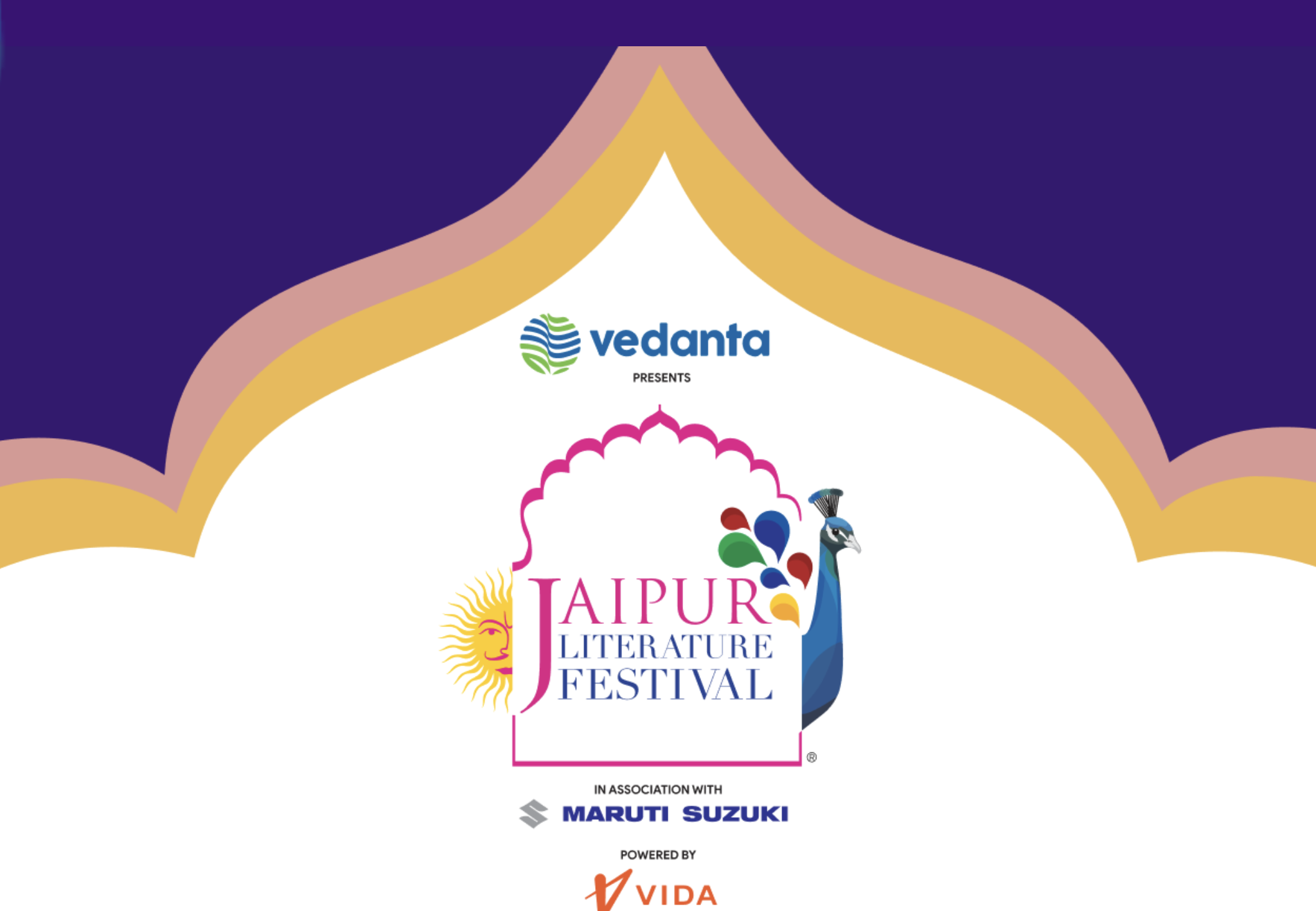









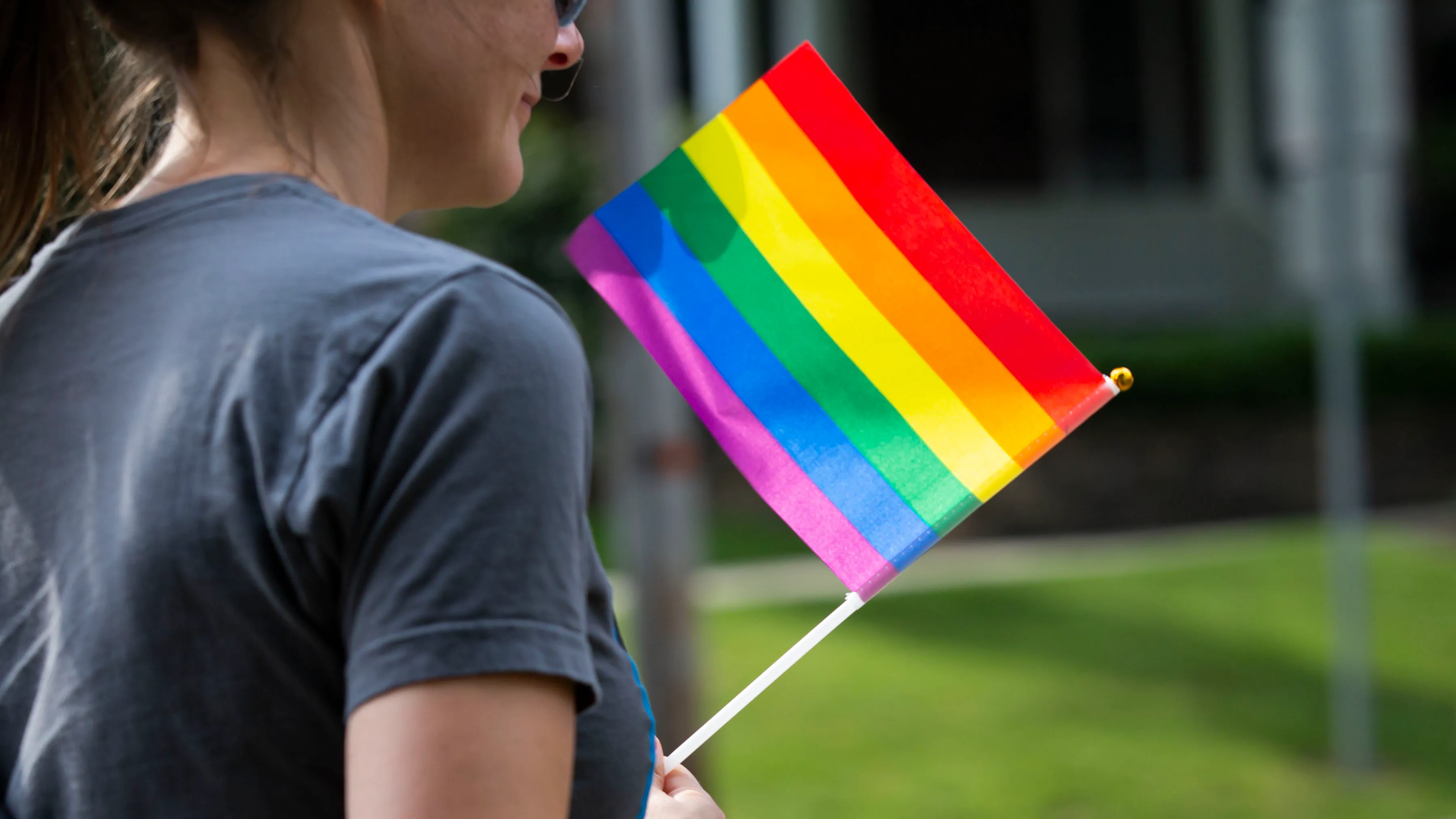
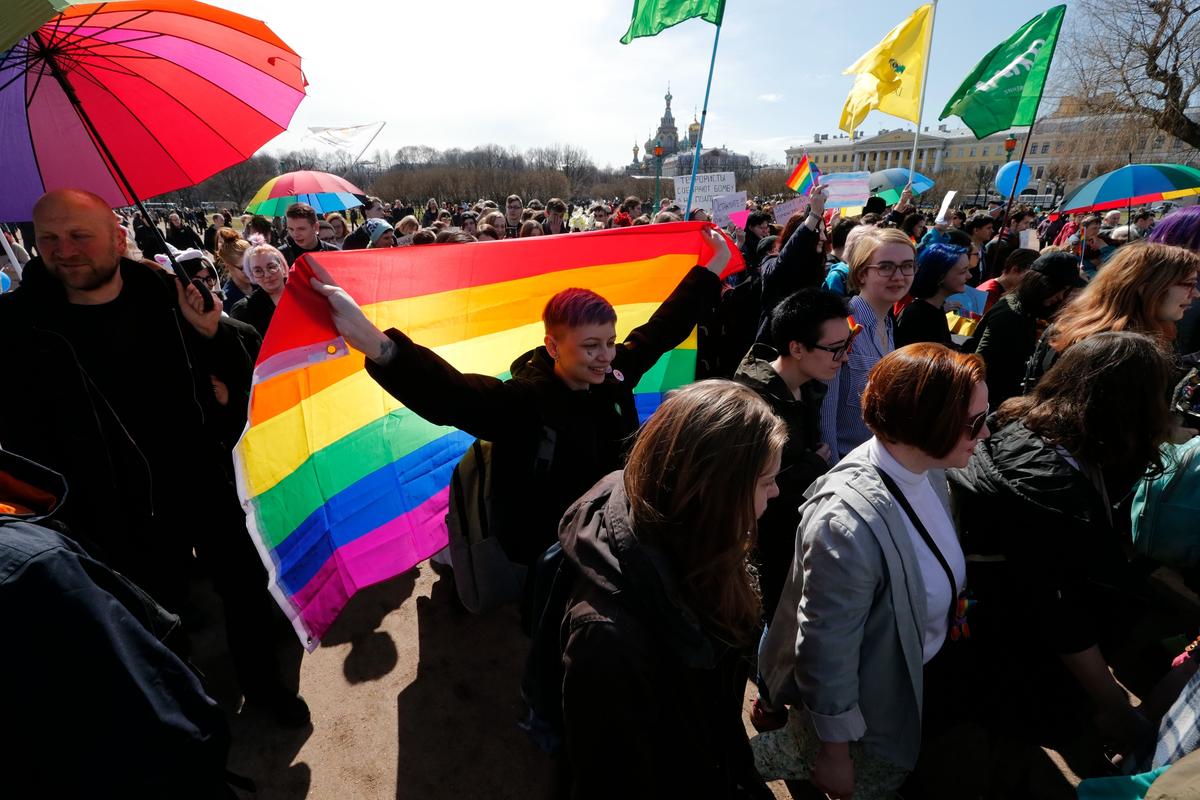
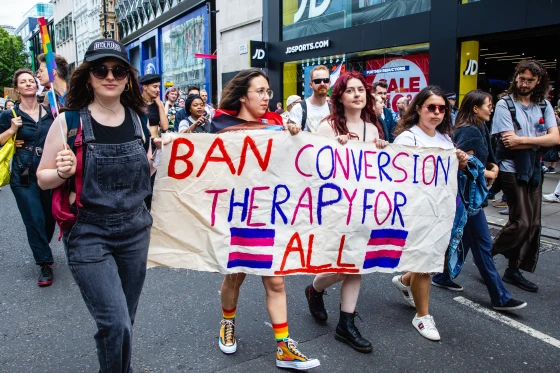






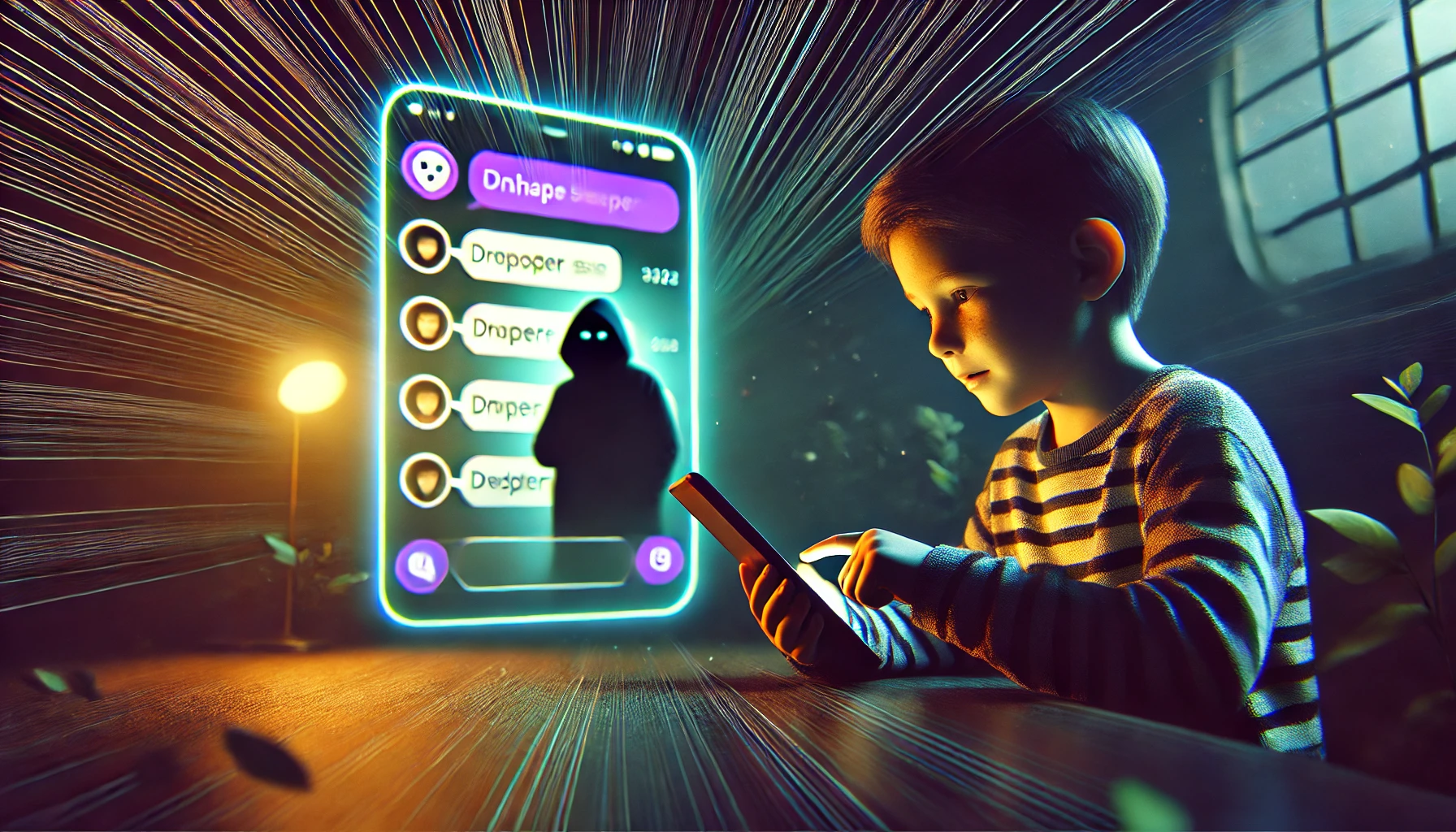
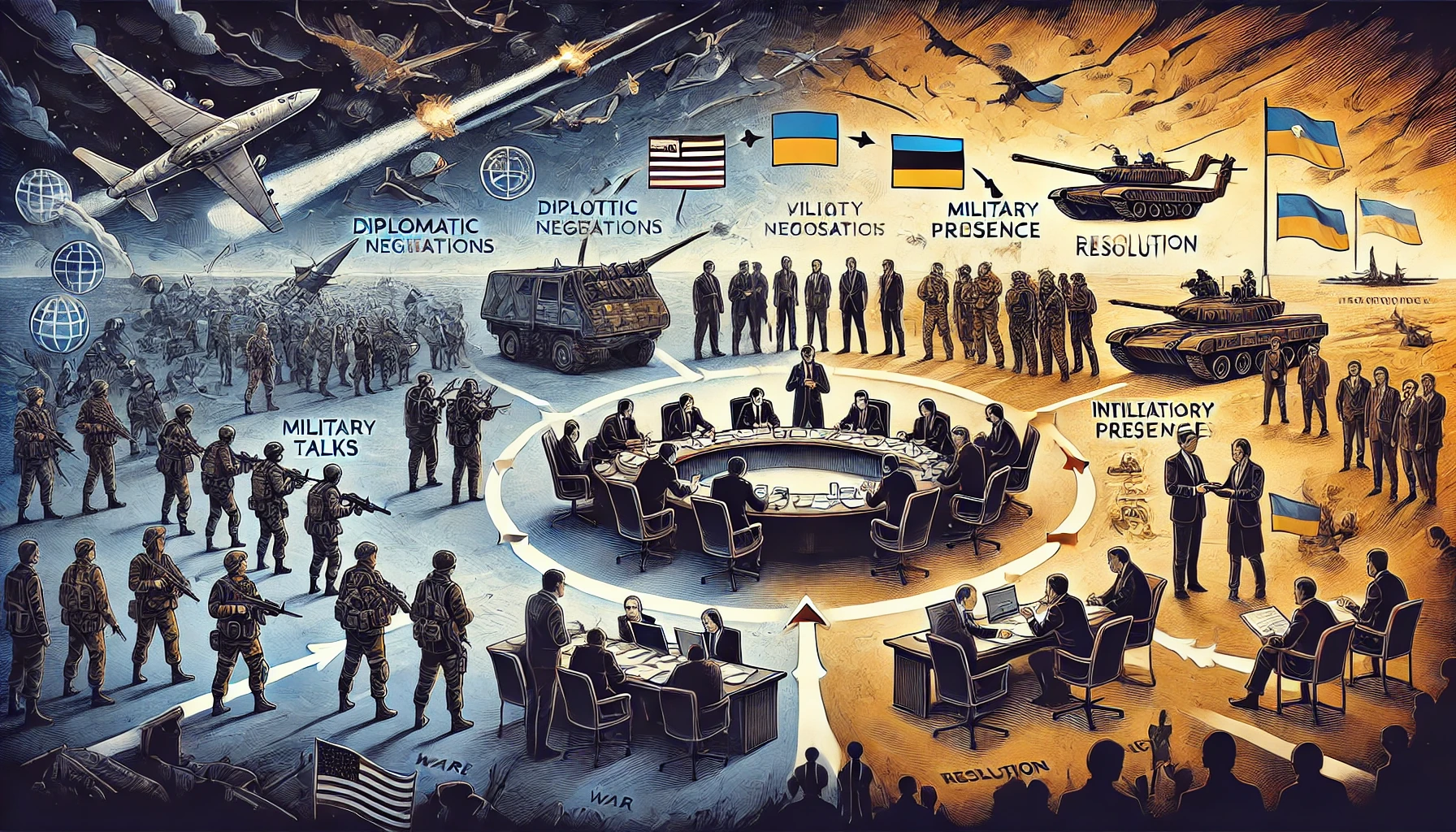

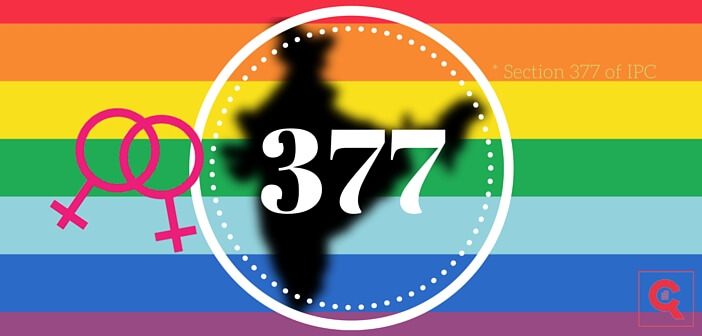
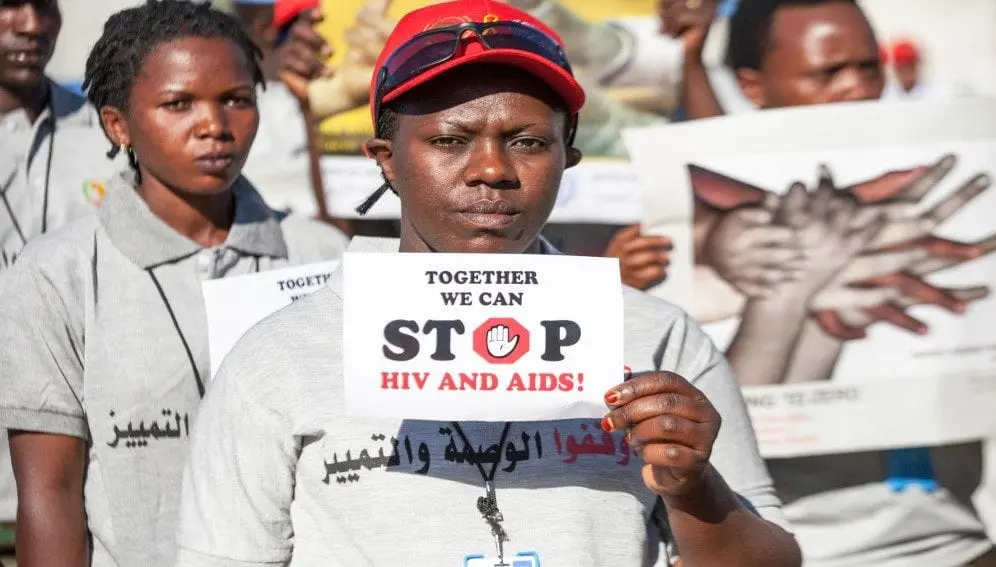

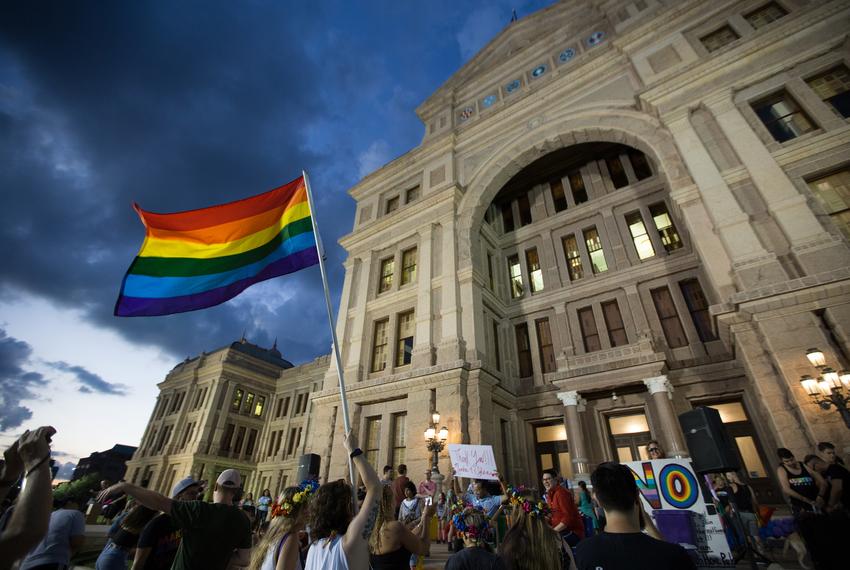
0 Comments